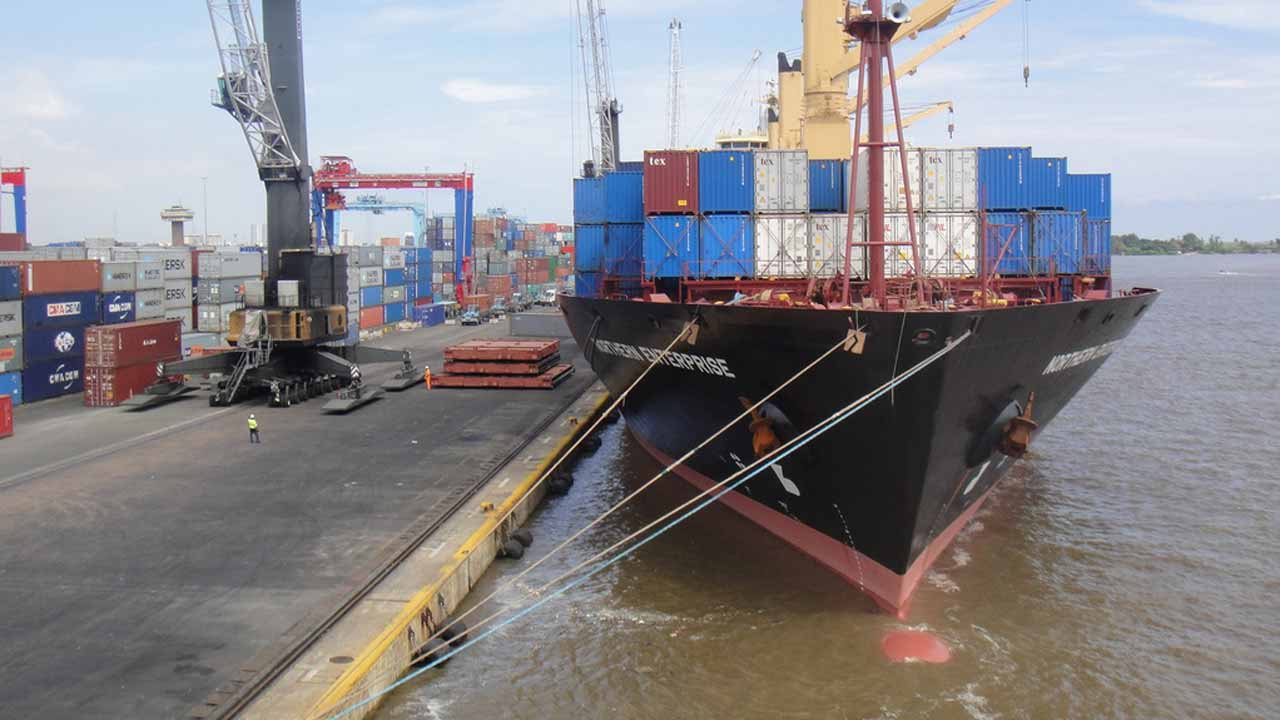Nigeria’s maritime sector continues to grapple with severe logistics inefficiencies that have resulted in an estimated annual loss of N2.5 trillion, according to Truck Transit Parks (TTP), operators of the Electronic Call-Up System (Ètò). The losses stem from operational delays, extortion, and poor infrastructure that severely limit the efficiency of cargo movements in the country’s key seaports.
Speaking at the 2025 Transportation Correspondents Association annual conference, TTP Managing Director Mr. Jama Onwubuariri outlined the crippling impact of logistics bottlenecks. He recalled the times when truck queues stretched from Cele Expressway to Maryland in Ikeja, creating nightmare traffic jams into the Apapa and Tin-Can Island ports—hindering the smooth flow of goods.
Onwubuariri explained that inefficiencies, coupled with extortion by corrupt elements, mean transporters struggle to evacuate even 50 trucks daily from some terminals. This has driven up operational costs, extended cargo dwell times, and led to significant losses for traders and the national economy. The problem is exacerbated by the over-reliance on road transport, limited use of inland waterways and rail, and insufficient investment in port infrastructure.
He stressed the urgent need for increased investment in digital technology and synchronized collaboration among government agencies, the private sector, and regional trade corridors. Deployment of digital solutions like the Ètò app has begun to ease traffic management at Lagos ports, but more comprehensive reforms are necessary.
The losses have wider implications for Nigeria’s competitiveness as a regional trade hub, threatening customs revenues and discouraging foreign investment. Enhancing multimodal logistics infrastructure and operational efficiency is critical to unlocking Nigeria’s full trade potential and sustaining economic growth.
More than news- Its Icegate

